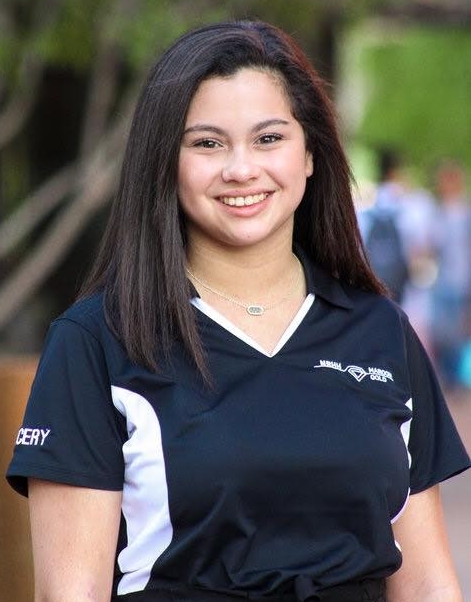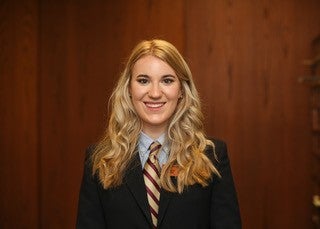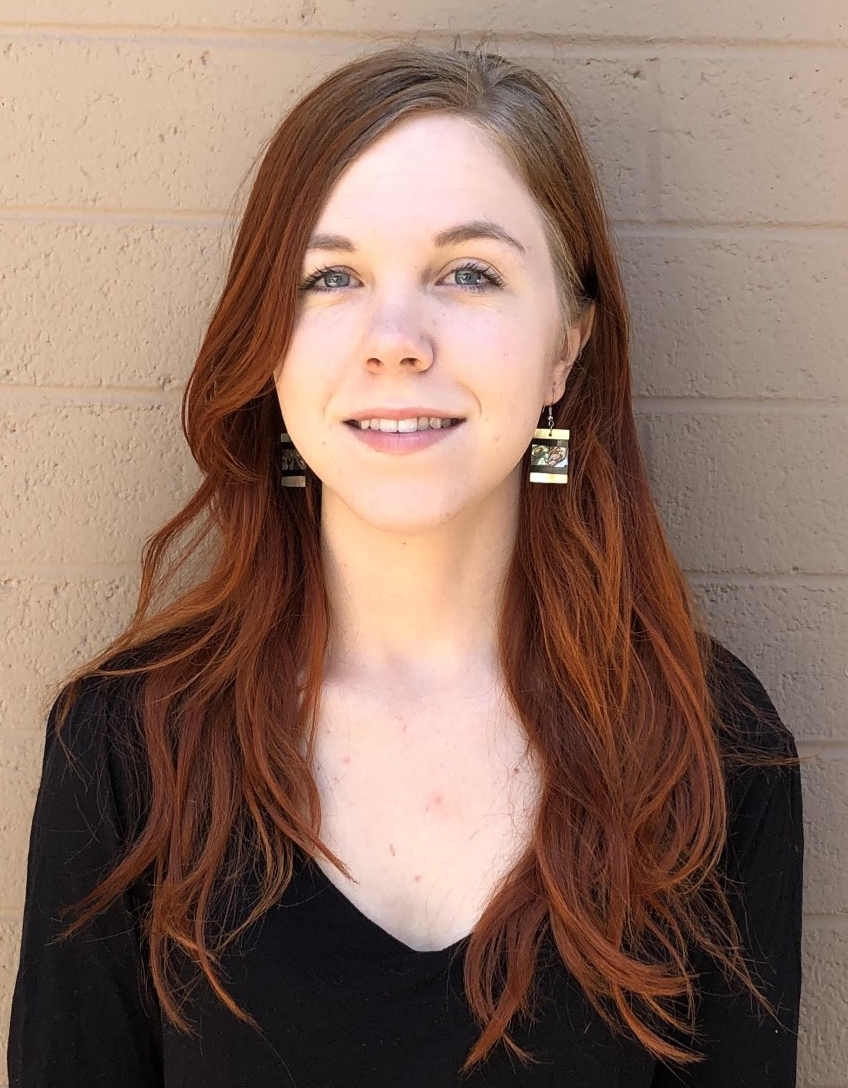ASU team places second in national competition addressing hate speech

A team of undergraduate students from ASU came in second place and received $3,000 in prize money in a competition to address both hate speech and related violence, sponsored by ASU’s McCain Institute for International Leadership.
Eight teams across the U.S. submitted projects, and three — Arizona State University, Johns Hopkins University and Missouri State University — made their presentations for a panel of judges in a virtual, final round streamed live on YouTube.
The ASU team included Amanda Andalis, Madison Andrade, Claire Cirelli, Sean Kelly and Camryn Lizik. They were advised by Associate Professor Bradley Adame and Professor Steve Corman in the Hugh Downs School of Human Communication.
The team launched and managed the social action campaign “Incite Insight” to combat violence perpetrated by incels.
Incels are described as "involuntary celibates," members of an online subculture who define themselves as unable to find a romantic or sexual partner despite desiring one. Several government agencies have identified the group as a domestic terror threat.
As part of the virtual competition, the ASU students scripted and designed a 15-minute video to highlight their campaign and its outcomes.
Video courtesy Incite Insight team
“The recent Westgate Shooter in Glendale, Arizona, is a self-proclaimed incel and is a prime example of the violence that this campaign was designed to prevent,” said Adame. “Materials also pointed audiences to ASU's many health service resources. Their theory-based messaging was informed by their original research and generated approximately 150,000 social media impressions.”
The campaign featured stories from members of ASU’s community who have faced and overcome social and relational challenges.
“We were excited to see the ASU students tackle incel violence through personal stories of loneliness and social isolation," said Brette Steele, director of national security and counterterrorism at the McCain Institute who oversaw the program. "Their campaign particularly resonated because students felt isolated by social distancing.”

Communication major Sean Kelly
Team member and communication major Sean Kelly said he enjoyed contributing to the project and learning about extremist groups and their methodology.
“Taking classes that emphasize proper research techniques, conflict resolution and most importantly, the implementation of effective communication has enabled me to use those skills to make a difference in the messages that I am trying to convey,” said Kelly. “I am very thankful for the insight that this project has given me.”
Amanda Andalis, a fellow communication major, said one of the biggest things she gained from this experience was the ability to have a positive impact on the ASU community.

Communication major Amanda Andalis
“Providing a platform for ASU students to share their stories of times they felt lonely or lacked a sense of belonging allowed them to express their feelings a healthy way. My communication classes proved to be a huge help in this project. The theories and research methods I have learned were beneficial in building a strong communication campaign.”
Madison Andrade, a political science major, said she learned important lessons in collaboration.

Political science major Madison Andrade
“The campaign allowed me to experience a project where every individual is dedicated to the cause. My project members and I were there to create a solution to this issue. Placing in the McCain Institute’s competition was just the icing on the cake in comparison to the bond I created with my project members.”
Claire Cirelli, a computer science major, said she has always been very passionate about the causes and prevention of extremist thinking and hopes to have changed minds both inside and outside of the incel movement.

Computer science major Claire Cirelli
“Designing a campaign grounded in theory and empathy was challenging and exciting — and as a computer science major, not of the typical problem set! I think the success of the project is recognition of the fact that the incel movement is a legitimate and growing issue — incels require our immediate attention, yet they are not well researched and not recognized as a national terrorist group in the U.S., even though they spur countless acts of violence every year.”
Biology and global health major Camryn Lizik said being part of an anti-hate campaign is a powerful reminder that we are responsible for addressing violence and discrimination in our communities.

Biology and global health major Camryn Lizik
“Part of what makes violence so terrifying is the feeling of being trapped by it, so bringing people together around action is as empowering for the individuals as it is for the community at large. Our campaign Incite Insight is new and not yet established, so I hope our success allows it to grow and reach more people."
Adame thanked ASU President Michael Crow and his staff for their support in making the video, as it was an excellent platform for the students to showcase their efforts: “It is a concrete demonstration of ASU’s commitment to student success.”
He also noted that professional videography services were provided by Malakai Creative and her team, and facilitated by Crow and his staff. “Special thanks also to Safwat Salem and Amy Chou for their efforts in creating the video as well,” Adame said.

